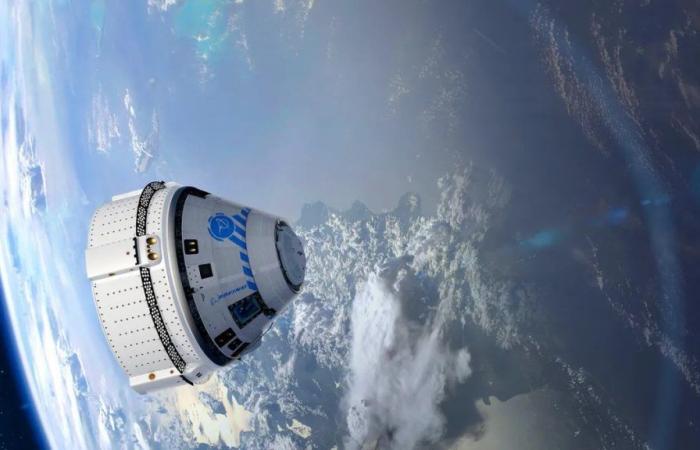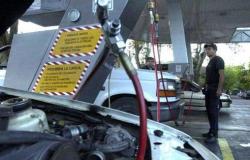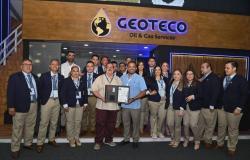The current delay in its return is due to helium leaks. Some experts suggest that the problems detected could lead NASA to undertake a rescue mission.
NASA and Boeing announced that they will keep the Starliner spacecraft on the International Space Station (ISS) at least until June 22, while their specialists try to solve the problems it faces, which could affect its return to Earth.
A United Launch Alliance Atlas V rocket took off on June 5 from the United States Space Force Station in Cape Canaveral, Florida, with the purpose of propelling the Starliner to the ISS, with astronauts Butch Wilmore and Suni Williams on board.
The spacecraft had already had technical problems launching from Florida, including helium leaks, which delayed the mission for almost a year.
The company is evaluating whether there will be impacts due to these leaks in the service module’s helium collectors. According to a NASA statement issued in the last few hours, this additional time will allow the team to “finalize exit planning and operations.”
Now, in addition to leaks, it analyzes weather conditions and ISS scheduling issues, such as spacewalks by other astronauts aboard the station.
“During this time, the crew will conduct additional operations to better understand the ship’s handling, repeat some ‘safe harbor’ tests, and evaluate piloting using the forward window,” explained Steve Stich, commercial crew program manager. The NASA.
Some experts suggest that the problems detected could lead NASA to make the decision to carry out a rescue mission, which would represent a serious blow to the company.
It is worth noting that the mission will allow Boeing to obtain the necessary certifications to operate as a second provider of cargo and crew transportation to the ISS, similar to SpaceX, which already has million-dollar contracts with NASA.
“We have an incredible opportunity to spend more time on station and conduct more testing, which provides invaluable data unique to our position,” said Mark Nappi, vice president and director of Boeing’s Commercial Crew Program.






